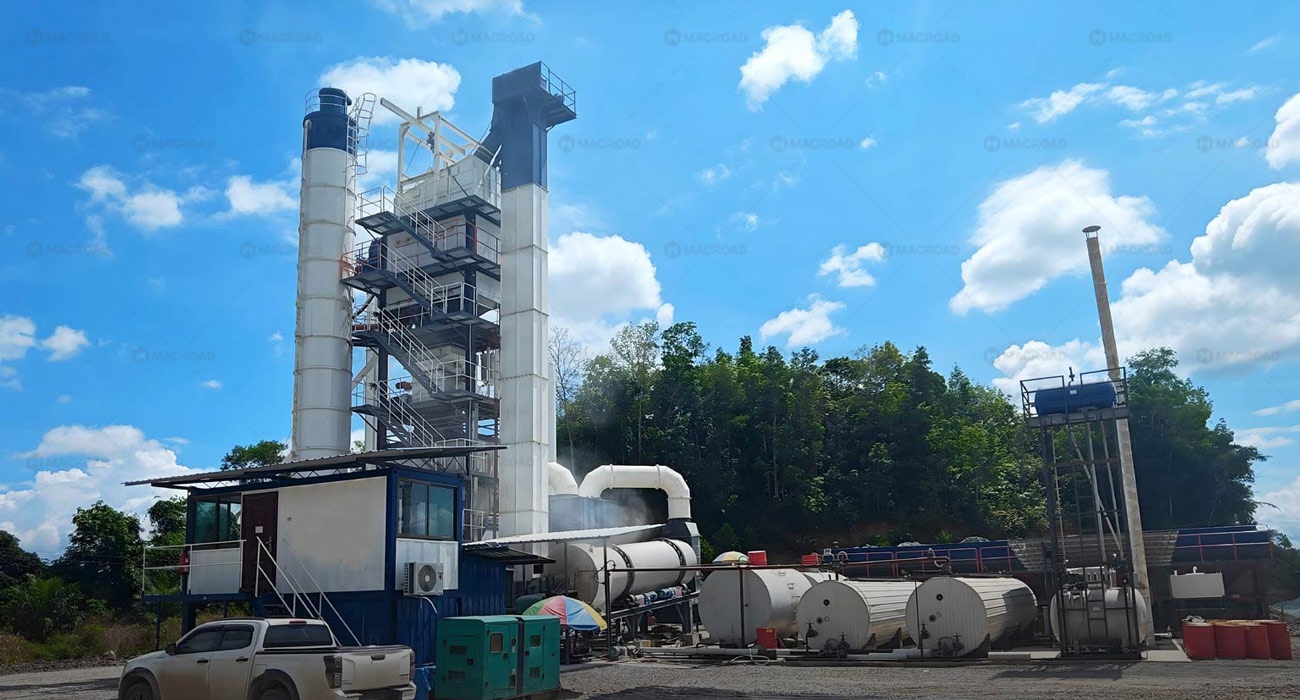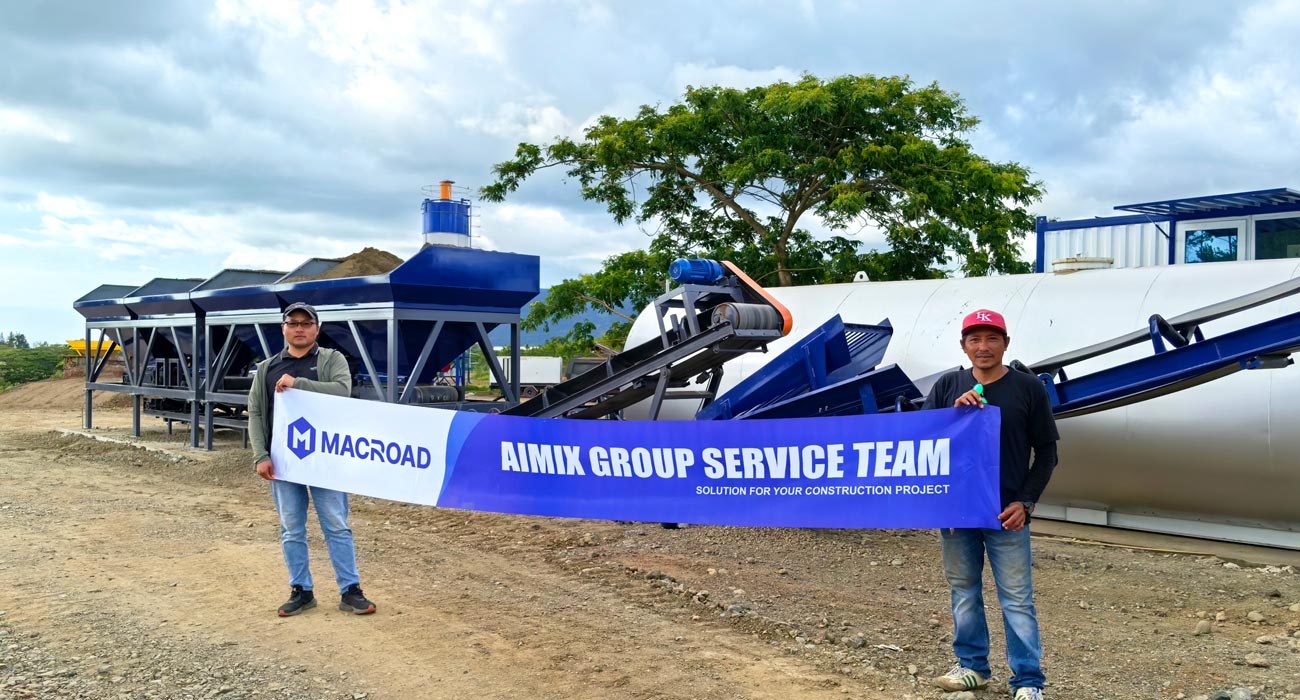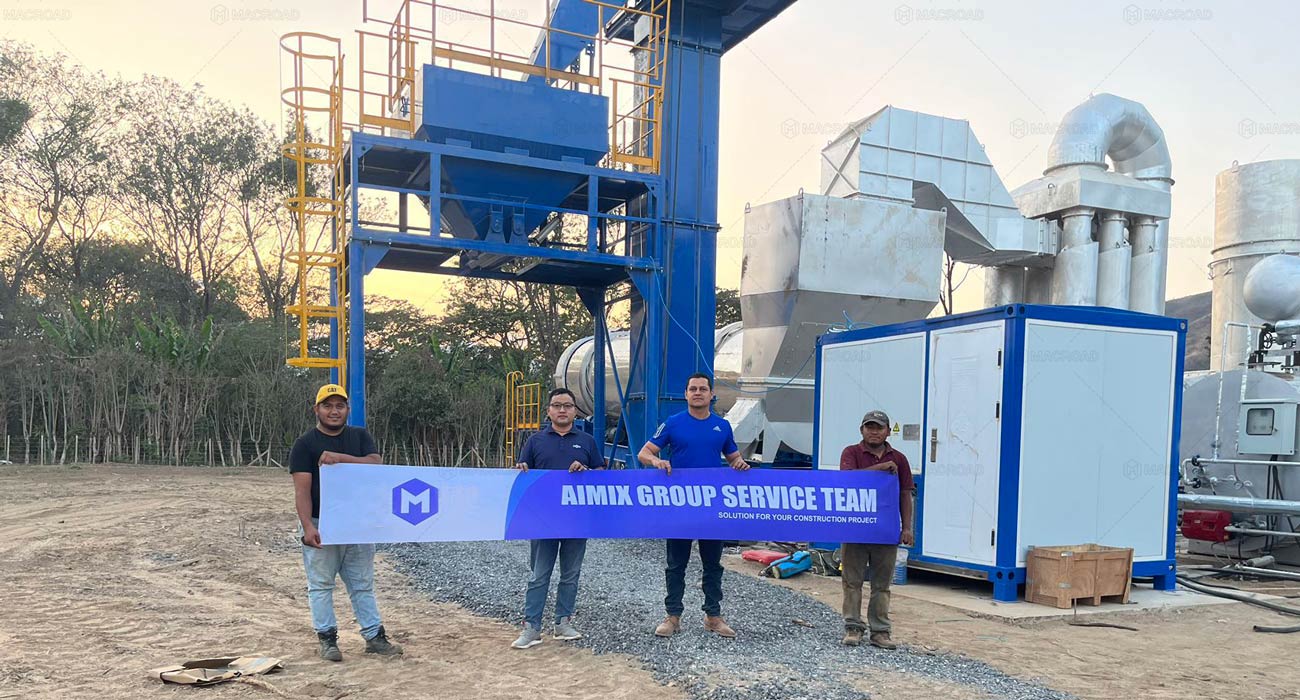Urban and rural road development in Southeast Asia is far from even. Large cities in the Philippines, Malaysia, and Thailand demand high-grade highways and municipal roads, which require premium asphalt mixtures produced with precision and consistency. Meanwhile, rural areas focus on cost-sensitive repairs and upgrades of existing roads, relying on small-batch production and simplified mixtures. This dual demand creates a real challenge for asphalt plant operators: how to configure equipment and schedule production in a way that avoids mismatches, reduces operational waste, and still meets both ends of the market.

High-Grade Needs Around Urban Centers
For city infrastructure, the requirements are uncompromising. Urban projects rely on highways, expressways, and municipal roads that must endure heavy traffic, extreme weather, and long lifespans. The role of asphalt plant in Philippines, asphalt plant in Malaysia, and asphalt plant in Thailand is to deploy stationary mixing facilities near metropolitan areas, where centralized production can handle the volume and precision needed. These facilities are engineered for consistency, offering advanced mixing technologies that meet high asphalt standards.
Macroad emphasizes this urban alignment by offering integrated systems that reduce human error and ensure repeatable quality. From the perspective of a project manager in a capital city, the value lies not only in high-grade mixtures but also in the stability of supply. By centralizing these advanced facilities in or around urban hubs, operators reduce transportation delays while meeting the technical benchmarks of modern urban roads.

Flexible Solutions for Rural Road Upgrades
In rural regions, the conversation shifts toward practicality and cost control. Smaller towns and villages often face budget constraints and limited access to advanced infrastructure. The asphalt plant in Philippines, asphalt plant in Malaysia, and asphalt plant in Thailand address these realities through mobile or small-capacity solutions. Rather than transporting high-grade mixtures over long distances—which is expensive and inefficient—operators can allocate mobile mixing units closer to rural projects.
These mobile setups do not aim to replicate the sophistication of urban-oriented plants. Instead, they focus on delivering workable, basic mixtures in manageable batches. For contractors working in remote areas, this approach offers two critical benefits: cost savings and adaptability. It prevents waste while allowing timely road repair without overburdening local budgets.

Smart Production Scheduling as the Balancing Point
The equipment setup alone does not solve the imbalance. Production scheduling plays an equally important role. If urban plants only focus on high-grade mixes, and rural operations only on basic repairs, inefficiencies will emerge. The real solution is a hybrid scheduling approach where asphalt plant in Philippines, asphalt plant in Malaysia, and asphalt plant in Thailand balance production priorities.
For instance, centralized plants can dedicate most of their capacity to high-quality urban mixtures but still reserve flexible slots for rural-standard blends. Meanwhile, mobile units can operate seasonally or project-based, moving to where repairs are needed most. By aligning production planning with actual demand cycles, operators avoid the risks of underutilized plants or costly overproduction. In this way, both urban and rural needs are synchronized without creating bottlenecks or escalating expenses.
Controlling Costs While Meeting Both Demands
Ultimately, the success of this balancing act lies in cost control. Large-scale stationary facilities near cities naturally involve higher fixed investments, but they pay off through efficiency and consistency. Mobile plants, on the other hand, spread investment across wider regions and reduce transport costs for rural projects. The asphalt plant in Philippines, asphalt plant in Malaysia, and asphalt plant in Thailand demonstrate that when operators combine the strengths of both types of asphalt plants with thoughtful scheduling, they can maintain profitability while serving very different markets.
From the perspective of contractors and project managers, the advantage is clear: cities get the reliable high-grade infrastructure they need, while rural communities gain timely, affordable road improvements. This dual-path strategy ensures that no region is left behind, and that asphalt plants remain not just equipment providers but vital enablers of balanced development.